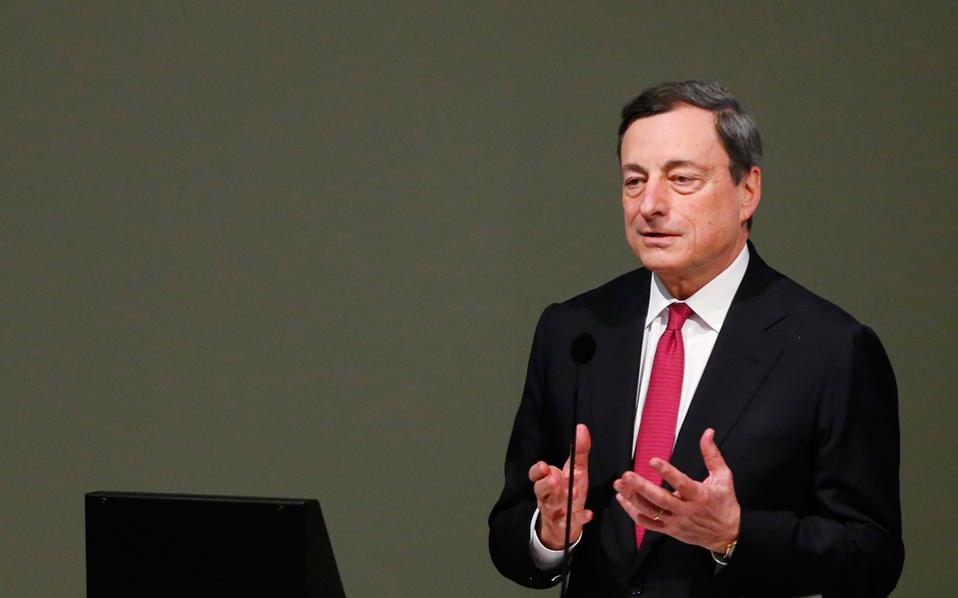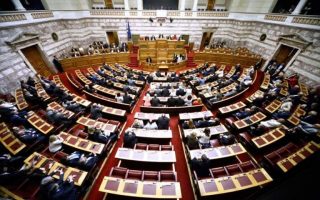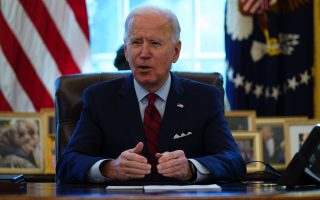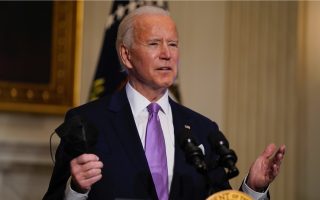Holding thumbs for Mario Draghi

Calling on former ECB chief Mario Draghi to form a coalition government may have been Italian President Sergio Mattarella’s option of last resort, other than calling early elections. And Draghi, “the Italian who saved the euro,” could just turn out to be “the European who saves Italy,” as former prime minister Matteo Renzi, put it. However, it turns out, though, Draghi’s mandate marks the beginning of a chapter that could have interesting implications for European politics, too.
The challenges that the highly respected former head of the European Central Bank faces are many. First is that of legitimacy. Not having been elected, he will face questions from all parts of the political spectrum – not least because of the strong strain of populism that resulted in the Five Star Movement and the League being the biggest parties. Secondly, running a government with various parties, governing a nation with many special interest groups and chronic problems, is not the same as running an organization that has a strict mandate and clearly defined role.
It was Draghi’s famous decision to “do whatever it takes” which allowed him to bend the ECB’s rules and save the euro. To save Italy he will have to bring discipline to a political scene in which everyone demands everything at the same time. To take difficult decisions he will need to ignore the political cost, while for the parties backing him this could mean their political downfall. This will be his biggest problem: He will depend on the continual backing of politicians who will be looking to exploit his every mistake and appropriate his every gain. Every day, he will be on “sufferance,” without the fixed term and strict hierarchy on which he depended at the ECB.
However, Draghi is in a better position than Mario Monti, the patrician “technocrat” who was prime minister between late 2011 and early 2013. Draghi’s role in saving the euro provides him with undeniable credibility even though he is not elected. More importantly, even Italian populism may have run its course. Draghi may be backed even by members of the Five Star Movement who want to avoid early elections, and by Matteo Salvini and his (anti-EU) League, who would like to be back in government.
For the EU, too, the stakes are high: not only does the bloc’s third largest economy need a steady hand at the wheel, but, also we need to see how a political field that is dry of talent and ideas could attract serious, successful players for the very difficult task of governing.





